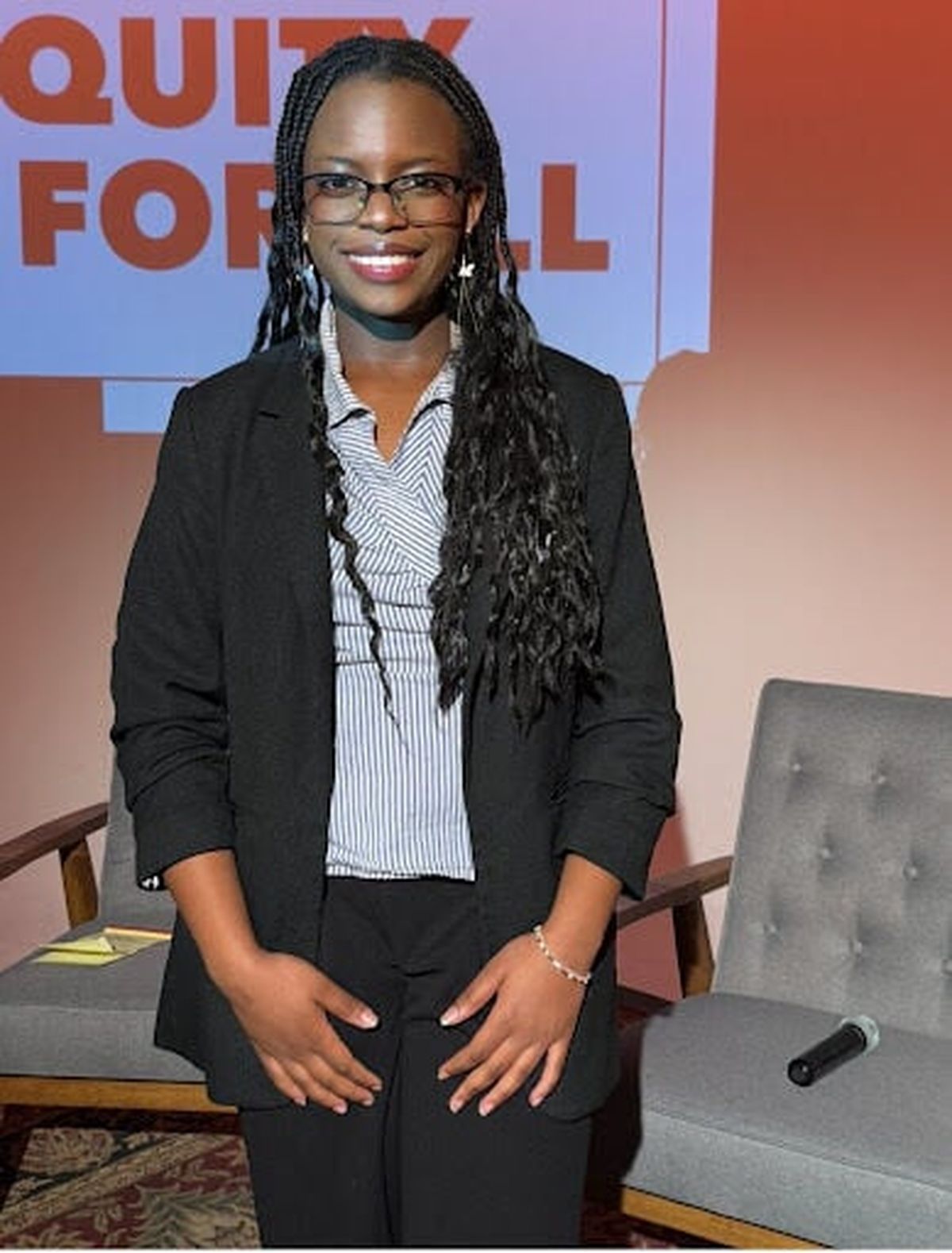On April 17 at Hamilton Studios, the YWCA hosted its annual Equity for All Summit, an event dedicated to eliminating racism, empowering women, promoting peace, justice, and freedom, and strengthening families and communities. Designed to foster open, critical dialogue, the summit engaged participants in purposeful conversations aimed at broadening perspectives, learning new tools, and building connections across a diverse community passionate about equity.
The 2025 theme, Restorative Practices, highlighted the importance of building relationships and fostering healing. Over the past year, the Spokane branch of the NAACP has piloted a Building Restorative Practices program to increase awareness of how restorative circles can cultivate community strength, healing, and interdependence.
The event featured trained Circle Keepers from Spokane Public Schools and panelists including Inga Laurent (J.D., Restorative Practices Consultant and Black Lens columnist) and April Eberhardt (editor of The Black Lens, educator and NAACP Education Chair), with Jaime Stacy (Vice President of Spokane NAACP, educator and founder/CEO of SWAG), serving as moderator. After the panel, attendees broke into restorative circles to put these practices into action, focusing on building relationships, repairing harm, and fostering sustainable community connections.
Key Principles of Restorative Practices
Relationship-Based: Prioritizes building meaningful connections within the community to foster unity.
Conflict Resolution: Addresses conflicts openly to foster understanding and promote actionable change.
Harm Repair: Focuses on acknowledging harm, identifying root causes, and offering grace rather than focusing solely on punishment.
Responsibility and Accountability: Encourages individuals to take responsibility for their actions and work toward healing and growth.
One major example of restorative practice is a circle process which gathers people around a circle to actively listen to one another discuss issues and meant to encourage active listening and engage in dialogue with each other. Within the circle process, is a circle, a circle keeper who ensures that everyone is being heard and they also keep and ask the topics and questions being discussed. In the circle process there is a person holding a talking piece which allows them to speak. A person is only allowed to speak within a circle process when they’re holding the talking piece.
Some questions that were asked during the circle process at the equity for all were.
- What is it like to be in a space where you aren’t welcome?
- How does it feel when you are not welcomed and how do you act in those situations
- On the contrary, how do you feel when you are welcomed in a space and how do you make that same space more inviting to others?
Restorative practices ask us to understand one another deeply, fostering trust, communication, and stronger bonds. By emphasizing accountability, healing, and collective growth, restorative practices are crucial for building healthier, more connected communities.
